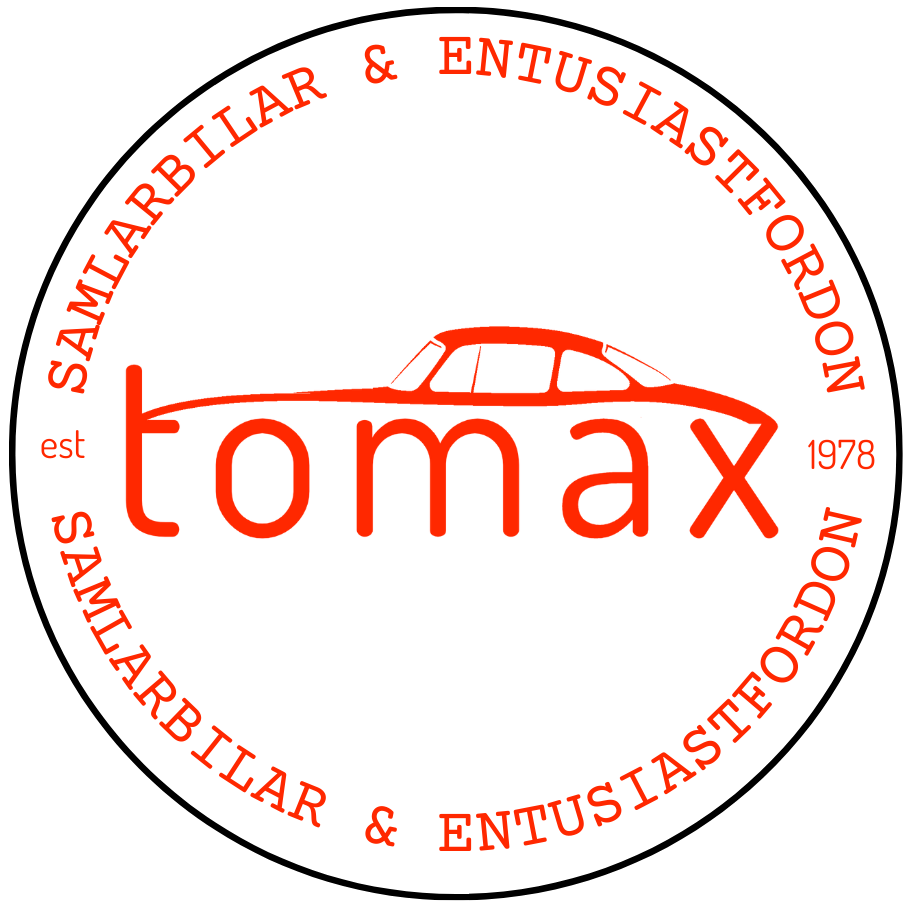During the 1966 Monte Carlo rally, the Mini Cooper S really showed what it was capable of. "The Three Musketeers:" Mäkinen, Aaltonen and Hopkirk dominated the competition right from the start, and it was in that order that they then finished as the top three drivers. However, the joy did not last long. This when the French competition commission decided to disqualify the trio because of the extra-mounted lights in the grill, which were claimed not to comply with the official regulations. In the same way, the fourth-place finisher Roger Clark in his Ford Lotus Cortina was affected, as he also had an impact on the mounted auxiliary lights. Thus, all first, second, third and fourth were disqualified and the win instead went to the Finnish Citroën driver, Pauli Toivonen, who actually crossed the finish line as number five.
What many people don't know is that the Mini was actually created as a solution to the ongoing oil crisis of 1956. A crisis that was further exacerbated by the Suez Crisis of the same year. When the oil shortage was great, car manufacturers were forced to create cars that were fuel efficient. That's why Alec Issigonis (later dubbed "Sir"), a Turkish-born Englishman, created the world's first Mini. The project with this car went under the name "ADO15" and already in 1959 BMC (British Motor Company) with Alec Issigonis at the head presented the first Mini. The model was a milestone with its front wheel drive, transverse engine, 10 inch wheels and efficient use of surfaces. In 1961 Issigonis became technical director at BMC. He was knighted and retired in 1971, but continued to work until his death in 1988.
The most iconic Mini in history was born through a collaboration with John Cooper. He was the owner of the Cooper Car Company which he founded back in 1947 with his father, Charles Cooper.
They built fast sports cars for track racing and later for Formula 1 and the Indianapolis 500. John Cooper saw potential in BMC's Mini and managed to persuade BMC and Alec Issigonis which in 1961, resulted in the Austin Mini Cooper and Morris Mini Cooper.
To make these models a bit sporty, he increased the engines' capacity from 848 to 997 cubic meters, giving the Mini 19 more horsepower. To meet Group 2 rally homologation regulations, twin carburettors were also fitted.
In 1963, the model was further developed through a strengthened engine of 1070 cubic meters. This model came to be called "Mini Cooper S" where "S" of course stood for Sport! This model became a great success in the rally sport, with several heavy winning titles during the 60s in particular.
We can now present a example of this particular model. A Swedish-sold Austin Mini Cooper S from 1966. Painted in Signal Red color and black painted roof. This Mini Cooper S was sold new in Dalarna in the north of Sweden, on October 27, 1967, to Rally driver Carl Gunnar "CG" Sundqvist. He quickly tuned the engine from 78hp to a roaring 90hp. He also replaced the front seats with rally seats from "Paddy Hopkirk" of the "Apline" model. With this particular car, Carl Gunnar competed in several rally competitions. Among other things, the Winter Cup in Sandviken 1968, which is documented in the picture gallery.
The car has lived its entire life in Dalarna. Over the years, the car has been well taken care of and carefully serviced and maintained. The engine has just been inspected and serviced by a reputable sports car workshop. The front seats are carefully restored in an exquisite original condition. The car is fantastic and a true joy to drive. Contact us for more information.
* We do everything we can to provide as accurate information as possible about our cars.
We must, however, reserve the right for possible misspellings regarding the car's equipment and number of miles driven.
PRICE: 359.000SEK
329.000SEK
. ..
